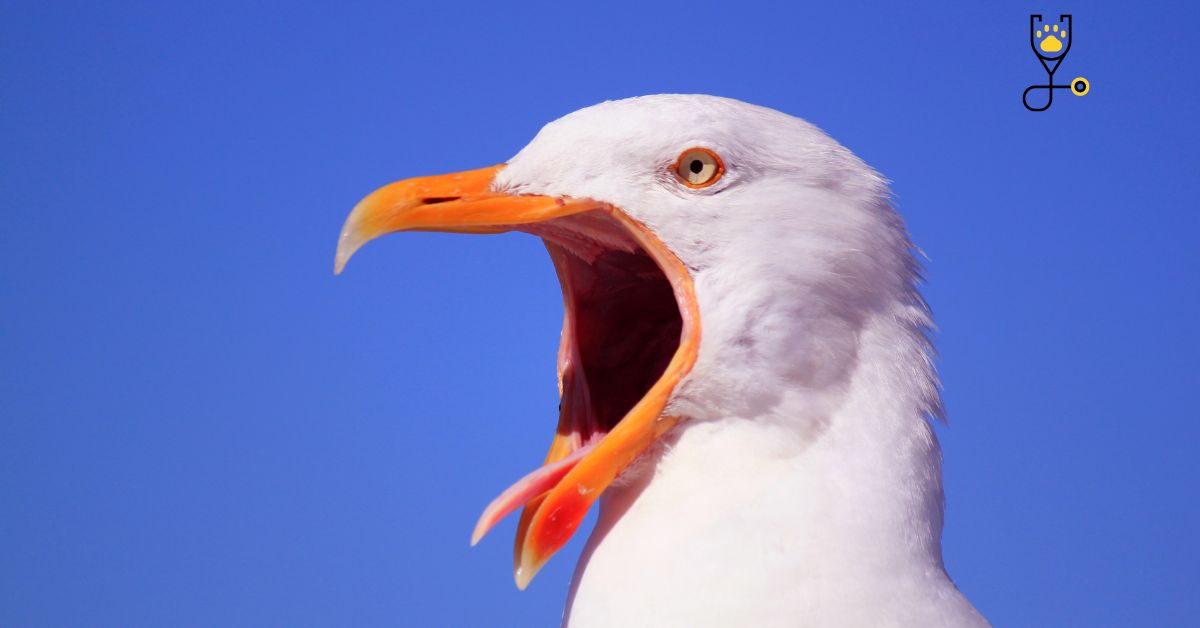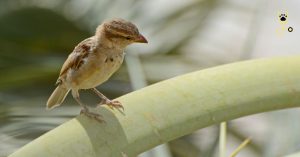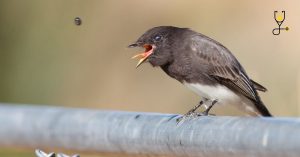Do you have a pet bird at home? Chances are most of us do. A parrot’s distinct squawks, tweets, and other vocalizations bring much joy to our lives, but what happens when your precious companion unleashes their piercing cries without warning? Why is your pet bird screaming – and more importantly, how can you address the issue in a humane and beneficial way? Here we look at 6 possible causes of incessant screeching from birds that could be the root of your furry friend’s outburst.
1: Lack Of Stimulation
One of the most common reasons that pet birds may become overly vocal is due to a lack of stimulation and enrichment in their environment. Parrots are intelligent and curious animals, who require a stimulating environment with plenty of activities to keep them occupied and engaged. If your parrot doesn’t have adequate stimulation or enrichment in its cage or play area, it may begin to vocalize loudly as a way to express this need. To address this issue, you can try adding toys and other enrichment items to your bird’s environment, such as perches, swings, chewable materials, foraging puzzles, and more. Additionally, be sure to spend time interacting with your bird each day by providing social interaction and engaging in enrichment activities together.
2: Pain Or Discomfort
Another common reason that birds may be excessively vocal is pain or discomfort. For example, if a parrot has an injury or illness, it may become more vocal as a way of expressing its discomfort. Other times, birds may be vocal when feeling anxious about their environment and surroundings. Be sure to monitor your bird for signs of illness or another physical discomfort, and schedule regular checkups with your avian veterinarian in order to address any health issues promptly. If you suspect that your bird is anxious or stressed out by its environment, consider making changes in the household – such as adding perches at different levels or providing vertical space so that your bird can feel safer while flying – to create a more comfortable, safe, and enjoyable environment.
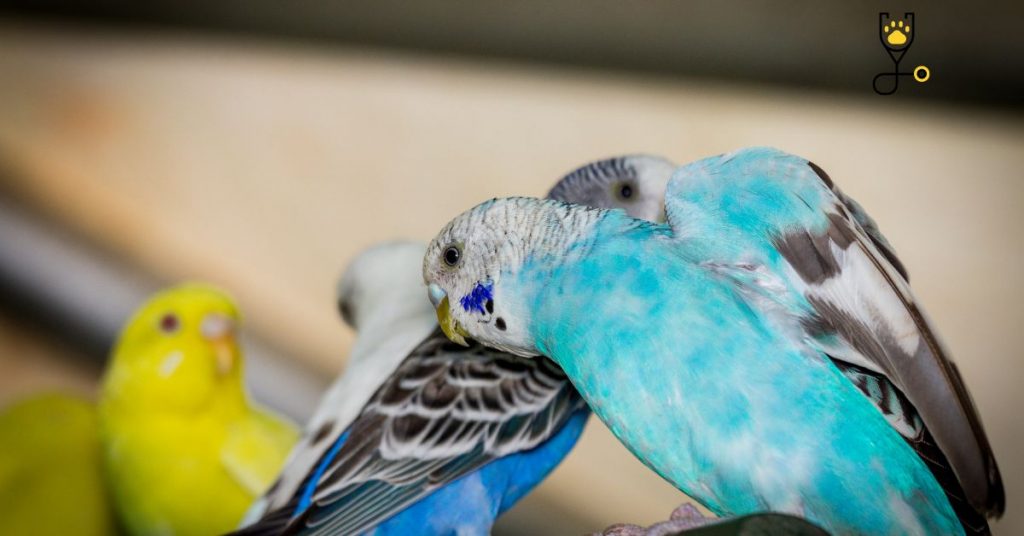
3: Misbehavior And Attention-Seeking
If your parrot is developing bad habits such as screaming or biting, it may begin to vocalize loudly in an effort to seek attention from you. For example, birds who are not getting enough attention or interaction with their human caretakers may resort to screeching as a way of attracting attention. In these situations, the best thing that you can do is ensure that you are providing your pet with ample amounts of socialization and enrichment each day – playing with your bird several times daily and spending time chatting and interacting with them every day is also important. Additionally, be sure to reward good behavior using positive reinforcement techniques so that your bird is rewarded for more appropriate behaviors, rather than vocalizing.
4: Lack Of Sleep Or Rest
A lack of sleep or rest can also lead to a parrot becoming overly vocal. For example, if your bird’s cage is located in an area that is frequently noisy – such as near the television or next to a busy hallway – it may make it difficult for your bird to get enough rest every day. Additionally, overstimulation from people and other pets in the home can also prevent birds from resting soundly at night. To address this problem, try relocating your bird’s cage to a quieter part of the house – such as away from doors that are constantly opening and closing, or by placing it in a location where visitors rarely frequent. Additionally, be sure to spend time playing with your bird each day so that it is not overstimulated or too excited before going to sleep at night.
5: Genetics Or Breed
Some parrot breeds – such as cockatoos, macaws, and amazons – are known for being more talkative and vocal than other species of birds. If you own one of these loud-mouthed bird types, then understand that their natural inclination may be to vocalize more often than other types of parrots. While this isn’t a problem if you are looking for an affectionate companion that likes to chatter, it can become irritating if your pet’s screeching becomes excessive and incessant on a daily basis. To help minimize the amount of vocalization in these breeds, be sure to keep your bird well-socialized and play with it regularly each day as a way of fulfilling its needs for affection and attention.

6: Environmental Factors
Finally, environmental factors can also contribute to excessive vocalization in birds. For example, high levels of stress can lead to increased screaming or squawking. If you live in an urban environment that is constantly busy or noisy – such as on the top floor of an apartment building that overlooks city streets – this may make it difficult for your pet to get enough rest at night since noise pollution never seems to end. In cases like this, be sure to provide your bird with a quiet place where it feels safe and secure – such as a dimly lit room that is away from any windows. Additionally, provide your bird with an ample amount of perches and toys so that it can redirect its energy into healthier activities throughout the day. If you are concerned about excessive vocalization in your pet parrot, be sure to consult with a local avian veterinarian or bird specialist right away.
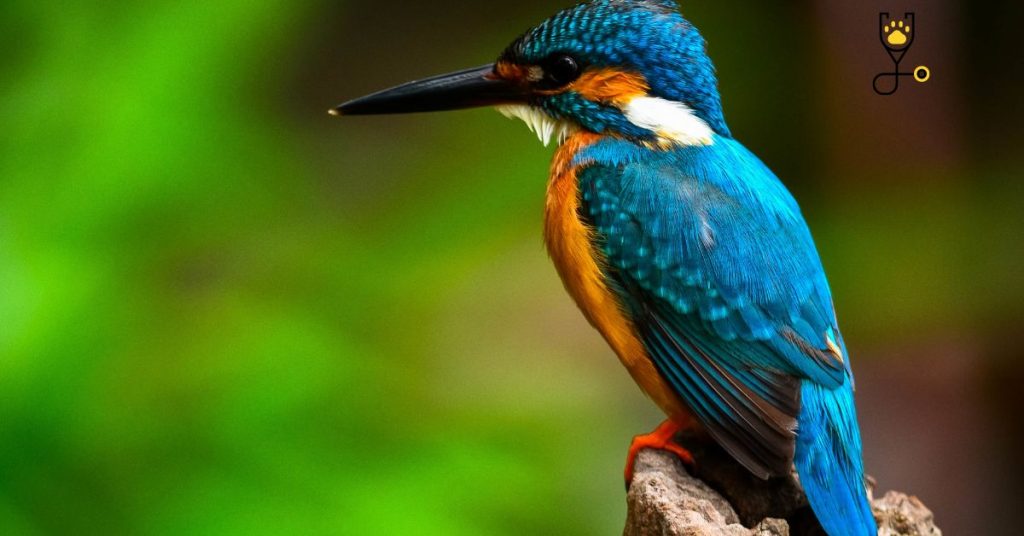
Conclusion
With a combination of proper training, socialization, and enrichment, it is possible to minimize excessive vocalization in your parrot. In some cases, the underlying medical condition that is causing your pet’s vocalizations can be corrected – though this may not always be the case. Additionally, if you live in an urban environment with high levels of noise pollution, you may need to compromise on the type of bird that you choose as too much noise could become stressful for your pet over time. If you notice an increase in your parrot’s talking or screaming habits – even after modifying its cage location and toys – be sure to consult with like energy, as this may be a sign that your pet is experiencing stress or anxiety. With some time, patience, and care, however, it is possible to minimize excessive vocalization in pet parrots so that you can have a happy, healthy companion for years to come.
Also Read: 15 Reasons Why Do Birds Hang Upside Down?
Frequently Asked Questions
There are a number of things that you can do to minimize excessive vocalization in your pet parrot. These include training and socialization, providing it with ample toys and perches, minimizing noise pollution in the home or environment, and identifying any underlying medical conditions that may be causing its behavior. Additionally, if you live in an urban area or near high levels of traffic noise, it may be a good idea to choose a quieter species of bird as too much noise could be stressful for your pet over time. With some time, patience, and care, however, you should be able to manage excessive vocalization in your pet parrot and keep it happy and healthy.
There are a number of medical conditions that could be causing your pet parrot’s excessive vocalizations, including conditions such as feather plucking or high levels of stress. Other potential causes include diet-related issues, deficiencies or imbalances in its nutritional needs, and even fungal infections if your bird has been exposed to water damage. Additionally, some birds may become more prone to screeching or talking over time due simply to boredom or lack of stimulation – so it is important to keep your bird active and engaged throughout the day. If you notice any changes in your bird’s behavior or vocalizations, then consult with an animal health professional right away for further guidance.
Yes, excessive vocalization in your pet parrot may be a sign that it is experiencing high levels of stress or anxiety. This could be caused by a number of different factors, such as moving to a new home, being around loud traffic noise for prolonged periods of time, or even changes within the household – such as a new addition to the family or an existing pet passing away. If you notice any changes in your bird’s behavior and/or its level of vocalization, then it is important to consult with an animal health professional right away to rule out any underlying medical conditions and identify the best course of action for managing this behavior.

